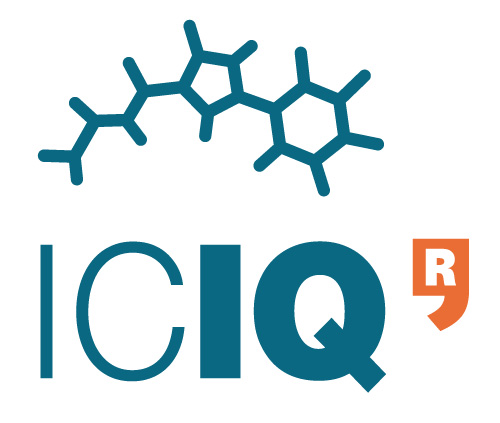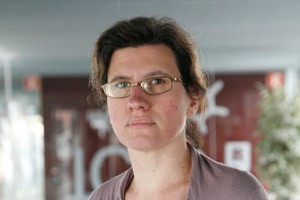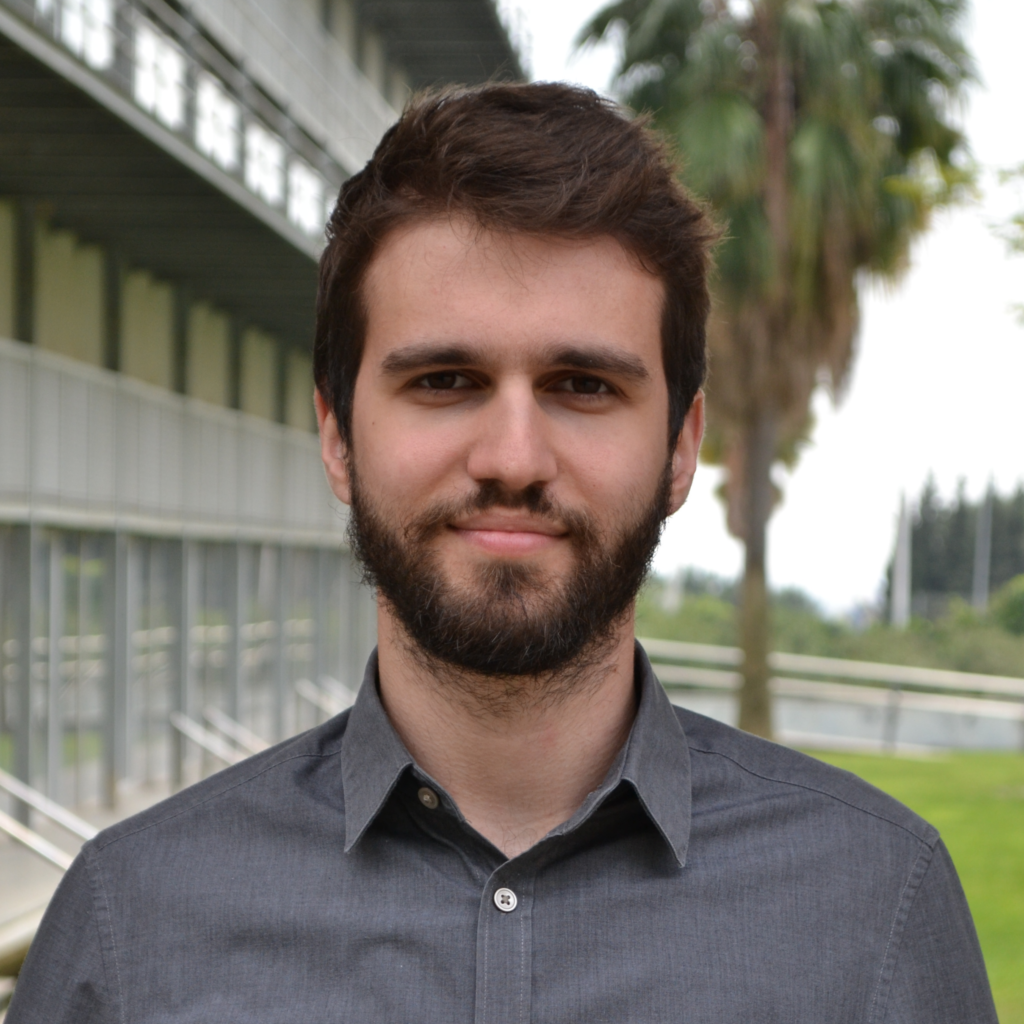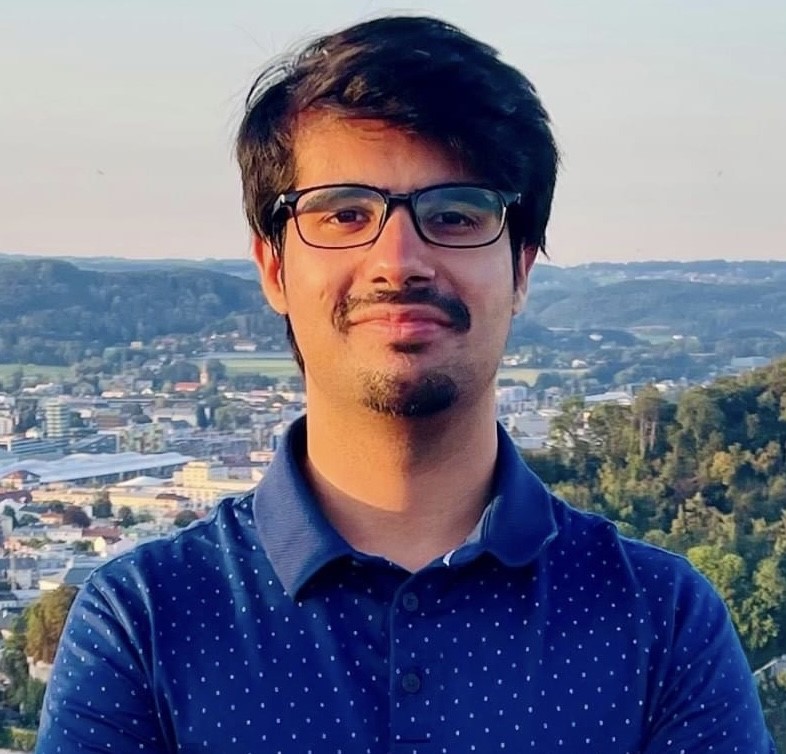
The Institute of Chemical Research of Catalonia (ICIQ) is a non-profit organisation founded in 2004 by the Generalitat de Catalunya. The institute is sponsored by leading chemical and pharmaceutical companies and it is funded by the Generalitat de Catalunya, the European Union (FEDER funds) as well as by competitive research funding and the revenues from industrial collaborations. As a young institution it has demonstrated its leadership in Chemical Research as 8 out of the current 19 Principal Investigators have been awarded ERC Research grants. Main research areas: Chemistry for Energy, and Catalysis. ICIQ staff is recruited worldwide (42% of researchers have international origin).

Prof. Núria López graduated in Chemistry with honours at the University of Barcelona, Spain (1995) and got her PhD degree in Theoretical Chemistry “cum laude” at the same university (1999), in the group of Prof. F. Illas. She then moved to the Center for Atomic-scale Materials Physics for her post-doc in the group of Prof. Jens K. Nørskov (Denmark). In 2001 she moved back to the University of Barcelona as a Ramón y Cajal fellow. In 2004 she was appointed Distinguished Professor by the DURSI in the Junior category (under 41 years old). In November 2005 she took a position at ICIQ, where she currently leads a research group with focus on the theoretical research heterogeneous catalysis. Núria has co-authored over 70 scientific publications. In April 2015 she was awarded a “Prize for Excellence” by the Real Sociedad Española de Química (RSEQ).
Google Scholar

Pavle Nikačević (24) was born in Gornji Milanovac (Serbia) and currently lives in Tarragona (Spain). After obtaining Bachelor’s degree in chemistry at the University of Belgrade, he moved to Institut Català d’Investigació Química in Tarragona, where he completed his Master studies in Synthesis, Catalysis and Molecular Design, in the group of Prof. Núria López. Pavle has chosen to pursue his PhD as ESR7 with SOLAR2CHEM because of its potential to benefit the environment in the long term, as well as the interdisciplinarity of the Network and its collaborative nature. His position in the SOLAR2CHEM Network will focus on developing a common computational framework which can be employed by the other participating institutions to describe, analyse and rationalise the results obtained in the other work packages. At the same time, it will provide key parameters needed for the solar reactor modeling.

Muhammad Saad Naeem was born in Faisalabad (Pakistan) and has recently joined Institut Català d’Investigació Química in Tarragona as ESR 16 under the supervision of Prof. Núria López . He studied materials engineering (nanotechnology) during his bachelors at the Ghulam Ishaq Khan Institute of Engineering Sciences and Technology (GIKI) where he focused on synthesis, characterization and processing of different materials. After completion of the bachelor’s degree, Saad pursued the Erasmus Mundus Master in Membrane Engineering for a Sustainable World (EM3E-4SW) focusing on membrane science and its role in sustainable development. Saad is drawn towards this project because of the opportunity to contribute in global transition towards greener and sustainable energy. Moreover, he feels that working among an interdisciplinary collaborative group with partners from academia, industrial and policy aspects offer a great opportunity to further advance his scientific and personal skills as a researcher. For his PhD, he will work on characterization and mass transport modelling of ion–exchange membranes. The detailed study of the transport phenomena in the membrane will help to define a structure-function relationship and a robust understanding of the membrane’s implementation in the solar reactor.
